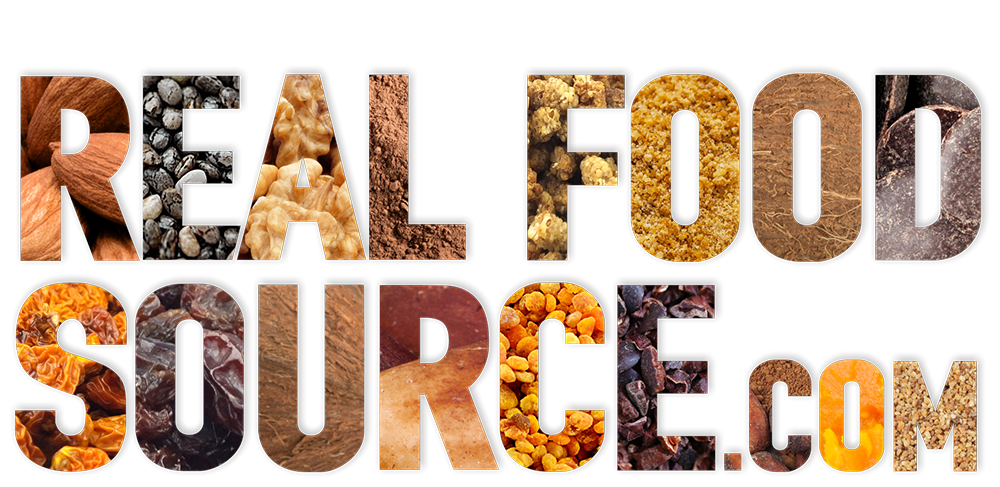Organics - The Standards and What That Means In Practice
/What is organic and the organic standard?
So, let's get technical and explain the facts. The word organic means ‘deriving from living mater’ other words associated with organic consist of; pure, raw, unprocessed and untreated, this is what most people usually think of when hearing the term organic anyway. However the term ‘organic’ within the commercial food industry was legalised by EC Council Regulation 2092/91 which came into force in 1993. This means that where a product is to have any indication of organic production, whether on the label, display materials, advertising materials or website, the business must be certified by an approved certification body and the product/s listed on the certificate issued by that body.
The organic standard was put in place to ensure that consumers are buying genuine organic products that have been produced in line with the standard. Imported organic foods must have been produced and inspected to equivalent standards.
The Organic standard in its simplest term is the set of rules and regulations that define how an organic product must be produced. The organic standards are written in EU law, which means that anything labelled ‘organic’ that is for human consumption must meet these standards as a minimum. It is compliance with the organic standard that grants a business the legal permission to call a product organic. The RealFoodSource comply with these standards.
Which types of businesses needs organic certification in order to sell organic products?
The following types of businesses must be subject to inspection and certification if they want to sell a food product and label it organic:
- Food processing and pre packing
- Repacking or relabelling out of sight of the final consumer
- Cleaning and/or storage of crops in bulk
- Wholesaling
- Blending and compounding animal feeds
- Slaughter of livestock
- Cleaning, mixing and packing seeds
- Importing from countries outside the EU (both the importer and first consignee must be certified)
- Storage and distribution of products
- Exporting outside the EU
- Products of fish farming
Therefore even a company buying existing certified organic products and merely re-packing or even just re-labelling those products must be certified. This is so the company will be audited to ensure the re-packed and re-labelled products are indeed organic.
So, what does that mean in practice? Here's a taste of some of the practices employed by Organic Processors like us;
- Strict restriction of which additives and processing aids can be used
- Strict restriction of chemically synthesised inputs
- Prohibition of the use of genetically modified organisms (GMO’s)
- Prohibition of irradiation and industrial solvents
and here's a taster of some of the practices employed by Organic Producers;
- Using animal husbandry practices appropriate to different livestock species
- Raising livestock in free-range, open-air systems and providing them with organic feed
- Absolute prohibition of genetically modified organisms (GMO’s)
- Wide crop rotation for an efficient use of resources e.g. nutrients
- Very strict limits on chemical synthetic pesticide and synthetic fertiliser use, livestock antibiotics, food additives and processing aids and other inputs
- Taking advantage of on-site resources, such as livestock manure for fertiliser or feed produced on the farm
- Choosing plant and animal species that are resistant to disease and adapted to local conditions
So, as you can see it takes a lot of work, time and money for producers and processors like ourselves to be certified so we can give the very best food products to our customers and use the word 'organic' legitimately.

